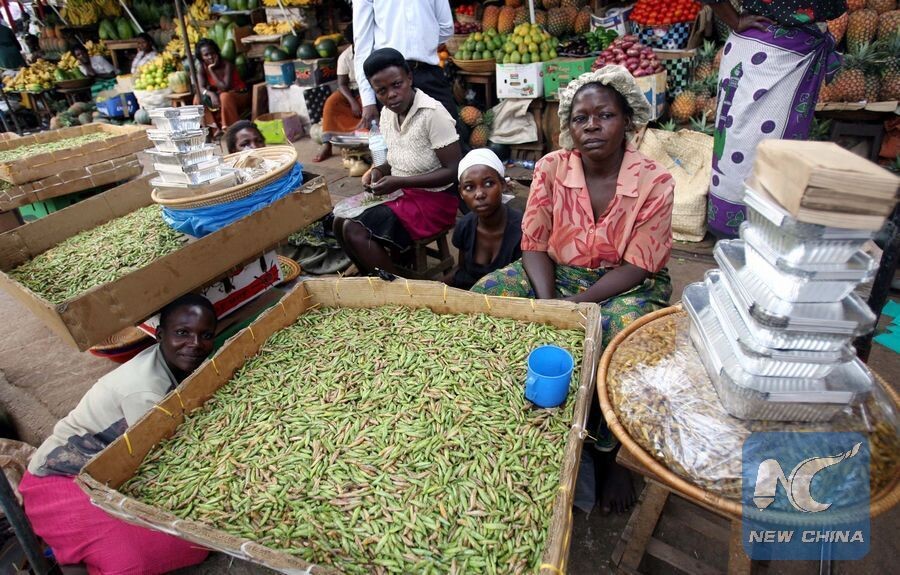Kampala, (UG): Uganda’s Standards Regulatory Body, UNBS (Uganda National Bureau of Standards) has told dealers of edible insects such as grasshoppers (Nsenene), white ants (Enswa), and others to undergo certification as a measure to ensure the safety of their products for public consumption.
UNBS revealed this in a Press Statement released on Monday, December 11, 2023, reminding the general public of their duty to exercise vigilance when purchasing edible insects for consumption.
In the statement, UNBS emphasised the importance of reporting traders suspected of dealing in substandard edible insects or engaging in dubious harvesting, processing, packaging, and transportation practices.
“This is in line with the UNBS mandate of developing, promoting and enforcing standards in the protection of public health and safety, and the environment against dangerous and sub-standard products,” reads the statement.
“UNBS also urges Public Health Inspectors to be vigilant and ensure that edible insects traders do not contaminate the insects during processes harvesting, processing, packaging and transportation,” it adds.
In March 2022, UNBS launched the “Edible Insects Standard, US 2146:2020 Edible Insects – Specification,” in collaboration with Makerere University School of Food Technology, Nutrition, and Bio-Systems Engineering (Food Science),” which received support from the International Centre of Insect Physiology and Ecology (ICIPE) and aimed to facilitate the commercialisation of edible insects.
The standard further seeks to promote the safe consumption of edible insects, a market segment that has gained traction in Uganda.
Quality assurance measures within the standard encompass the analysis of unwanted biological and chemical substances that may contaminate insects during harvesting, processing, packaging, or transportation.
“The Standard US 2146:2020 specifies requirements, sampling, and test methods for edible insects, encompassing grasshoppers (nsenene), white ants, termites, and crickets, among others,” the statement further reads.
Some critical requirements outlined in the standard include freedom from adulterants, extraneous material, objectionable odour, infestation, and contamination from pests.
The standard also dictates compliance with maximum pesticide residue and veterinary residue limits established by the CODEX Alimentarius Commission, absence of heavy metal contaminants, and adherence to hygiene and packaging standards.
– Additional Reporting from Monitor
If you would like your article/opinion to be published on Uganda’s most authoritative news platform, send your submission on: [email protected]. You can also follow DailyExpress on WhatsApp and on Twitter (X) for realtime updates.



